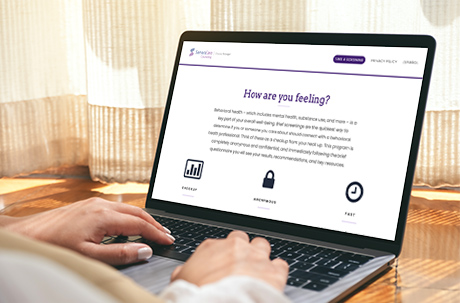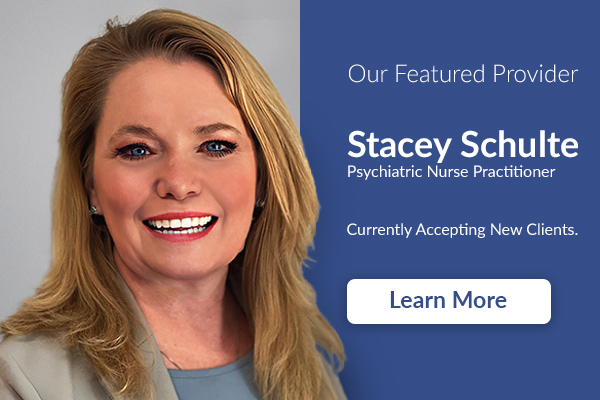No one is an island. Every family consists of an interconnected, interdependent group of unique individuals where each person’s well-being will affect everyone else’s.
When everything is going smoothly, families enjoy balance and harmony. However, it’s easy for friction and shared or individual challenges to interfere with family relationships. Events such as financial hardship, job loss, divorce, remarriage, birth of a child, or the death of a loved one affects everyone in different ways. Further, mental and physical health concerns that affect one member–like depression, substance misuse, chronic illness, history of childhood trauma or neglect and eating disorders–can have ripple effects that end up impacting the entire family.If there are underlying problems like communication issues, interpersonal conflicts and/or behavioral concerns, ordinary stressors and challenges can become overwhelming




